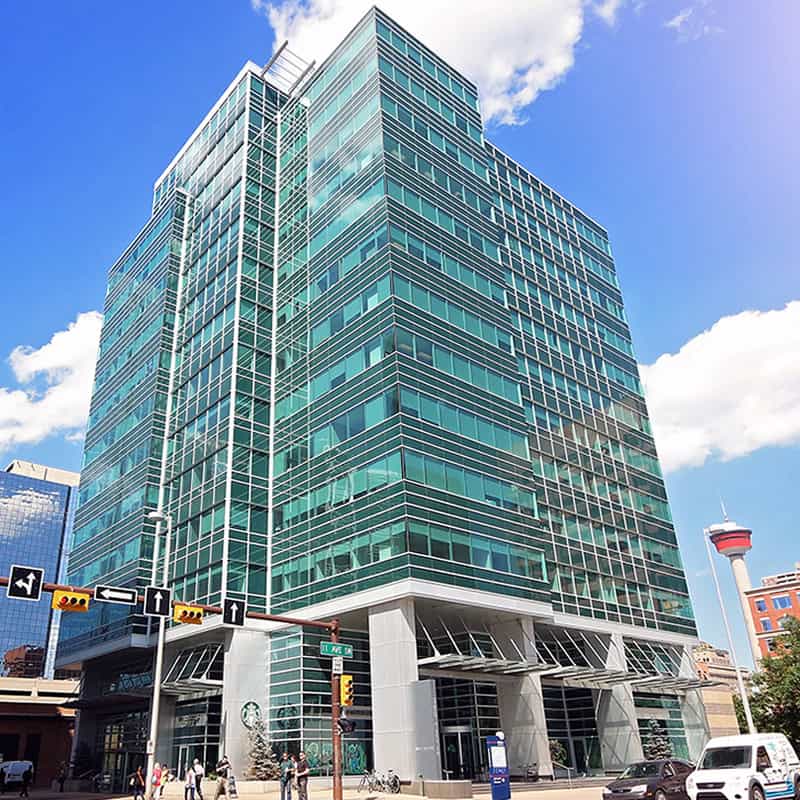
Our family law firm specializes in representing parents, guardians, and foster parents in child welfare litigation. The decisions made by Child and Family Services (CFS) are governed by statute and can often be complex.Our lawyers are experienced in navigating both administrative review processes and court proceedings, to help prevent the removal of a child and hold the authorities accountable for their actions.
As a parent, guardian, or foster parent, it can feel as though the government is not taking your concerns into consideration. Our lawyers are equipped to assist you in understanding and dealing with the legal processes involved in such situations.
Our firm offers quick responses to prevent hasty removals and works to ensure transparency and accountability on the part of the government in all foster care decisions. For parents and guardians, we provide defence against the traumatic event of losing a child.
Read More → How to Get Full Custody of Your Child in Alberta
What can cause a child to be removed from an Alberta home?
A child may be removed from an Alberta home if Child and Family Services (CFS) believes that there are reasonable and probable grounds that the child’s survival, security, or development is endangered. This can be due to several reasons, including:
- Child neglect: Failure to provide for the child’s basic needs such as food, clothing, shelter, medical care, or education.
- Lack of access to medical treatment: Failure to provide necessary medical treatment or follow-up care.
- Physical or sexual abuse: Evidence of physical or sexual harm to the child.
- Out-of-control behaviour: Evidence of behaviour that puts the child or others at risk.
- Exposure to drug abuse, alcohol abuse, or prostitution: Evidence that the child is exposed to these activities in the home.
- Other concerns for the child’s safety or development: Any other circumstances that may put the child at risk.
It’s important to note that CFS will always try to keep families together and will only remove a child from their home as a last resort. They will also try to minimize the disruption of the child’s life and maintain contact with the child’s family if it is in the child’s best interest.
Our lawyers can help explain the situation to the authorities and work to maintain contact with the child until they can be reunited with their family.
The court will strive to maintain the bond between parent and child as much as possible, only intervening as much as necessary to ensure the child’s safety. In some cases, a Family Enhancement Agreement may be reached, where support is provided to the family to address issues such as addiction, mental health, and family counselling. The court may also impose various orders, including a Supervision Order, Temporary Guardianship Order, or Permanent Guardianship Order. Our firm can assist in understanding and potentially appealing these orders.
How Does Child Support Relate to Child Welfare and Guardianship Cases in Calgary?
Ensuring a child’s well-being often involves balancing financial support and custody arrangements. Professionals offering child support legal services in calgary play a vital role in resolving disputes, safeguarding the child’s welfare, and guiding parents through guardianship cases to create stable, supportive environments for children’s growth and development.
What is Involved in the Application for a Private Guardianship Order under the Child Youth and Family Enhancement Act?
The application process for a Private Guardianship Order (PGO) under the Child Youth and Family Enhancement Act in Alberta is a legal process that allows an adult who is not a parent of the child to become the child’s guardian. The process can be initiated by the parents, the child, or any other person who has an interest in the child’s welfare.
The following steps are generally involved in the application for a PGO:
Filing of the application: The application for a PGO must be filed with the court in the jurisdiction where the child resides. The application must include the reasons for seeking the PGO, the proposed guardian’s name, and the child’s name, age, and address.
Notice of the application: The court will serve notice of the application to the child’s parents and any other persons who have an interest in the child’s welfare, such as the child, grandparents, or other relatives.
Investigation: The Child and Family Services (CFS) is required to investigate the application and submit a report to the court. The investigation will include interviews with the child, the proposed guardian, and any other relevant parties.
Hearing: The court will hold a hearing to determine whether a PGO is in the child’s best interests. The court will consider the CFS report, the child’s wishes, and any other relevant evidence.
Decision: After the hearing, the court will decide on the application for a PGO. If the PGO is granted, the proposed guardian will become the child’s legal guardian and will have the authority to make decisions regarding the child’s care and welfare.
It’s important to note that the application process for a PGO can be complex and seeking legal advice from a lawyer experienced in child welfare matters is recommended.
What is a family enhancement agreement in Alberta?
A Family Enhancement Agreement in Alberta is a legal agreement reached between a family and Child and Family Services (CFS) to resolve family issues and support the well-being of children. Under this agreement, the family cooperates with support workers to address issues such as addiction, mental health, and family counselling. They will undergo assessments and receive help accessing community services and creating strategies to deal with future problems.
The family will work with the support worker to create a plan that generally lasts for three months or less. The goal of the agreement is to provide support to the family to keep the children safe in their own home, rather than removing them from the home. The agreement is voluntary, and it is in the family’s discretion to accept the agreement.
WHAT IS A SUPERVISION ORDER?
A supervision order in Alberta is a court order that allows children to remain with their parents, with visits from child protective services to ensure their safety and development for up to six months. The parents may also be required to meet certain conditions such as attending counseling.
WHAT IS A TEMPORARY GUARDIANSHIP ORDER?
A temporary guardianship order in Alberta is a court order where the court believes that the children should be removed immediately but may be returned to their parents within a reasonable time, usually less than six to nine months depending on their age. The parents may be required to submit to a parenting or psychological assessment and may be allowed to visit their child at the discretion of the court.
WHAT IS A PERMANENT GUARDIANSHIP ORDER?
A permanent guardianship order in Alberta is a court order where the court believes it is unlikely that the parents will be able to care for their children within a reasonable amount of time. A permanent home will be arranged for the children, usually with the effort to match them to families with similar culture, family or social heritage. An adult who already has a relationship with the child, like a grandparent, can apply to become a guardian.
Contact Our Child Welfare Lawyers in Calgary Today
You have rights as a parent or guardian under Alberta law, and our child welfare and custody lawyers at Spectrum Family Law will use their legal acumen to make sure your interests—and the interests of your child—are represented fairly.
Whenever possible, we try to negotiate resolutions outside of court, but, if necessary, we will prepare an aggressive, strategic case for court.

Our Calgary intake staff are standing by to help you. Call 403-452-0043 [toll free 1 (888) 410-1677] or contact us online for general inquiries.
We also have a dedicated intake form to help you get the ball rolling. Our intake team will review your specific case and advise you on the next steps to take as well as what to expect moving forward.
Our Calgary office is open 8:30 a.m.—4:30 p.m., Mon—Fri.


Raveena Gill
FAMILY LAWYER
Raveena’s approach focuses on incorporating each particular client’s unique values and goals when determining the best course of action in their matter
The Legal Review Process by Spectrum Family Law
- Spectrum strives for high-quality, legally verified content.
- Content is meticulously researched and reviewed by our legal writers/proofers (usually local law students).
- Details are sourced from trusted legal sources like the Family Law Act.
- Each article is edited for accuracy, clarity, and relevance.
- If you find any incorrect information or discrepancies in legal facts, we kindly ask that you contact us with a correction to ensure accuracy.


